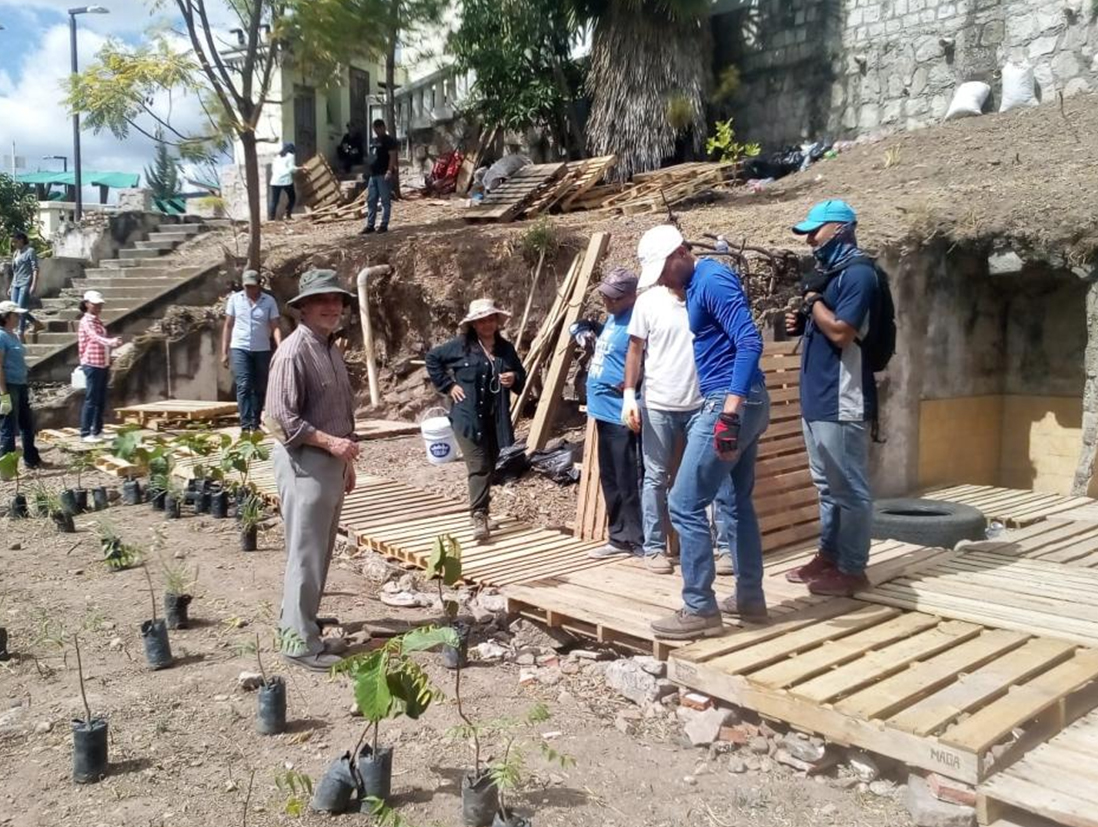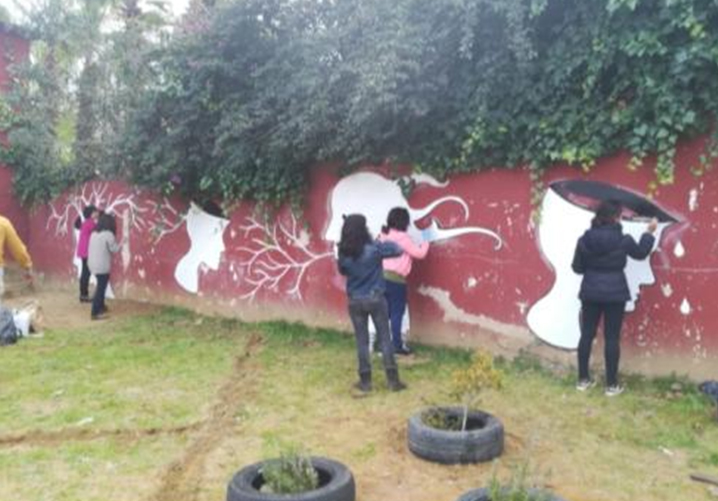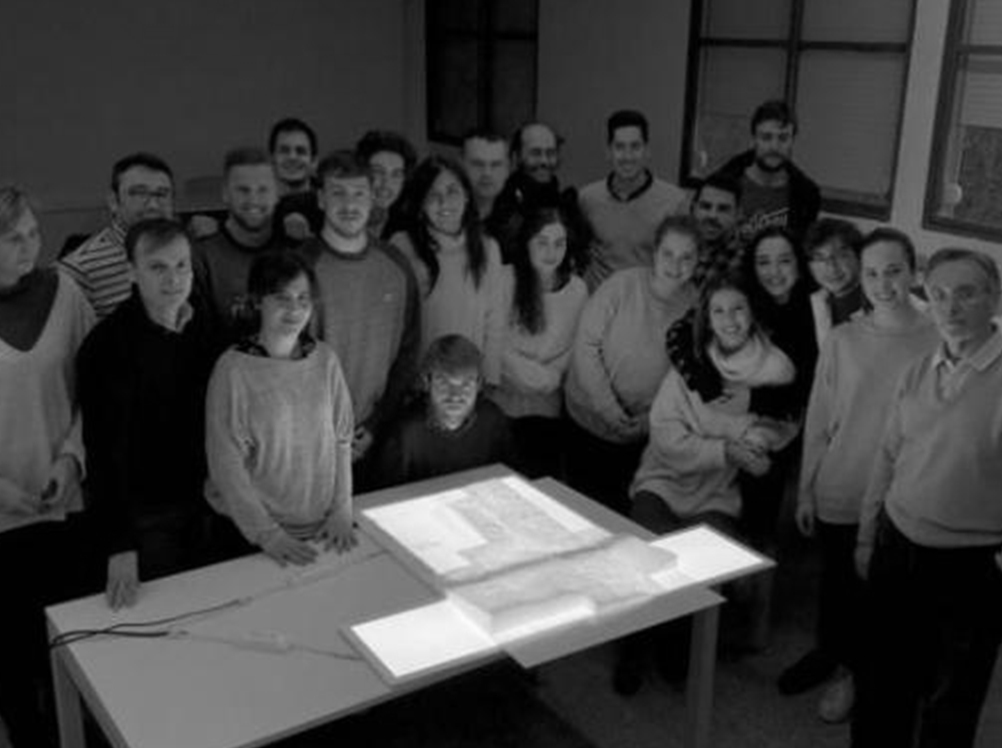Collaborative Workshop

Works of practical application of the proposals developed in Workshop 7, 2019-20 academic year, carried out in Honduras. Source: Ángel González.

Works of practical application of the proposals developed in Workshop 7, 2019-20 academic year, carried out in Honduras. Source: Ángel González.

Students and professors at the Workshop “Feel”, 2018-19 academic year. Source: Ángel González
This is an educational-participatory tool designed to generate MULTI-SCALE, MULTITEMPORARY proposals (focused on solving problems in the long term, but achievable in a short period of time) and in which MULTIAGENTS are included: educational (students and teachers a like), public institutions and citizenship.
As its name indicates, two features will define this tool: 1) the construction of a work methodology and, above all, the construction of a link that allows the collaboration between actors: Professional, Educational, Practical but also Affectivly, among both the members of the working group and them and the place where it is carried out; and 2) the eminently practical character applicable to both, the analysis and the diagnosis, to the preparation work of the proposal and to the results of the initiative.